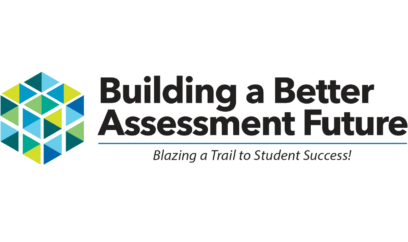
Building a Better Assessment Future 2025
August 5 - 6, 2025At the 2025 Building a Better Assessment Future conference, we are placing students at the center of our assessment systems, practices, and policies. Join us…

We know that games are engaging; but they can also be powerful vehicles to support learning. This, however, hinges on getting the game design as well as the assessment parts just right. A decade of research and design work reveals intentional assessment in games can effectively measure and support important 21st century competencies. Featured presenter Valerie Shute will share examples of stealth assessment from an actual game, Physics Playground, designed to measure students’ developing competencies in the areas of qualitative physics understanding, creativity, and persistence.
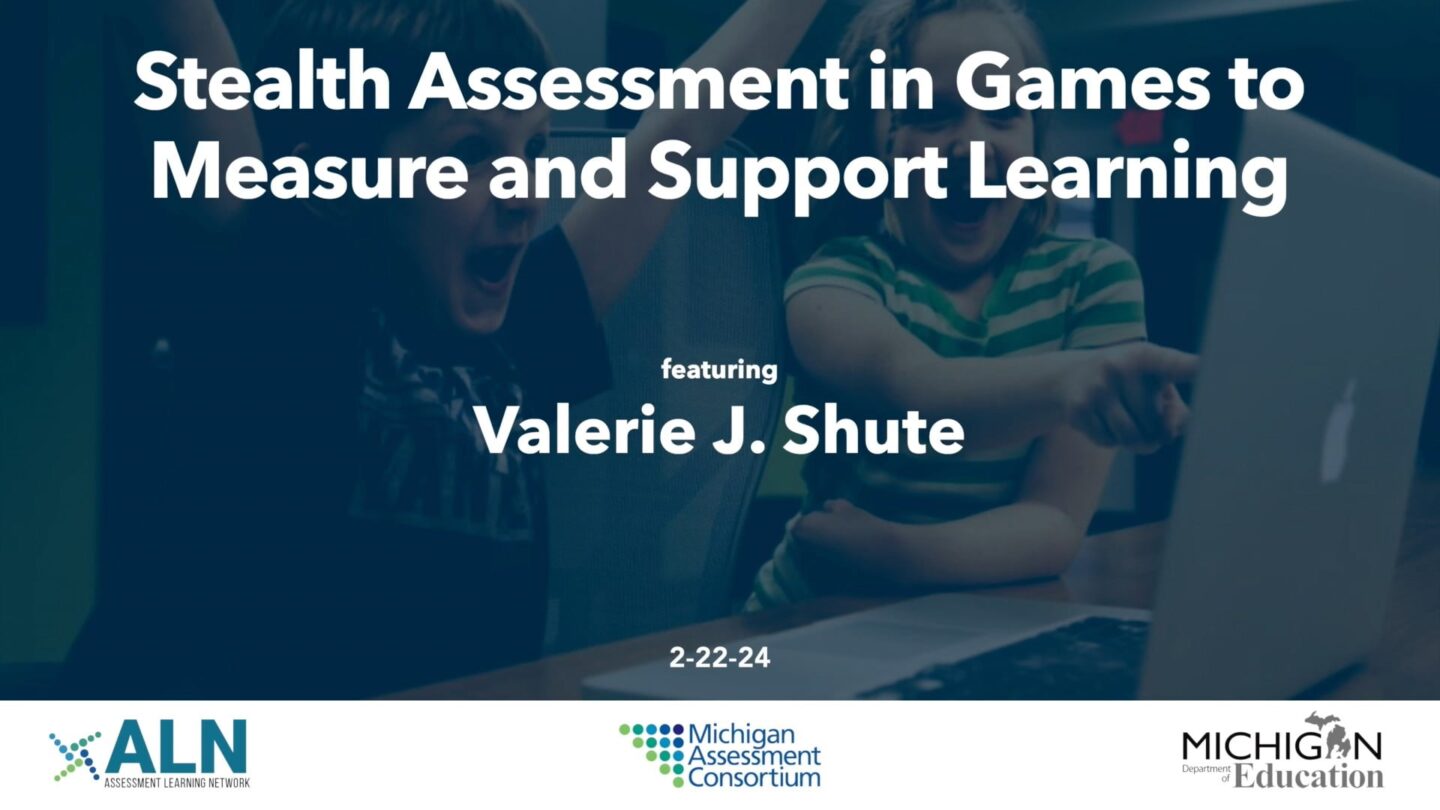
ALN Presentation: Stealth Assessment to Measure and Support Learning

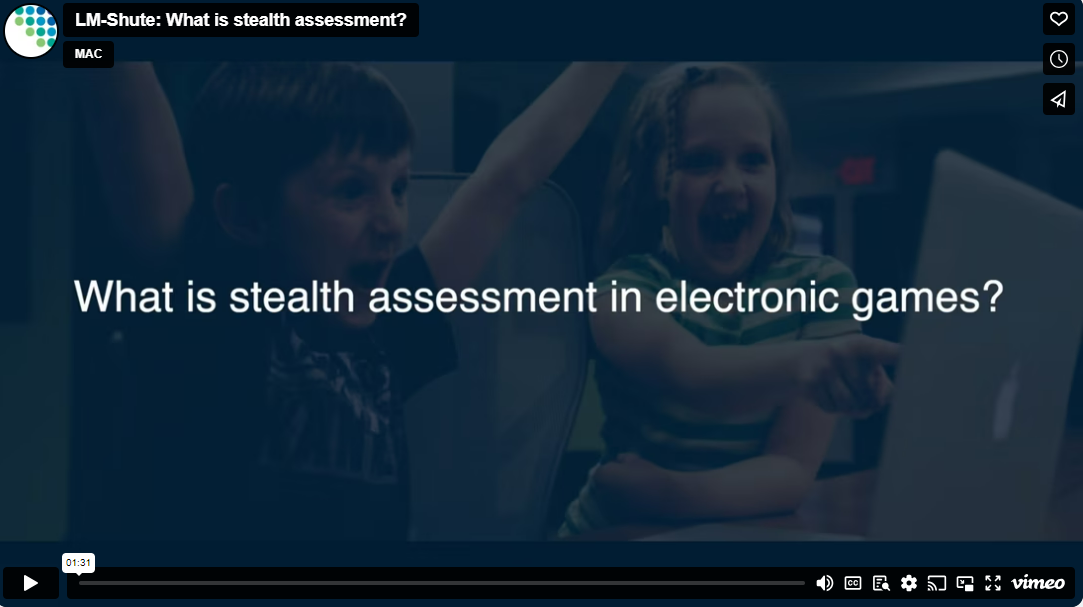
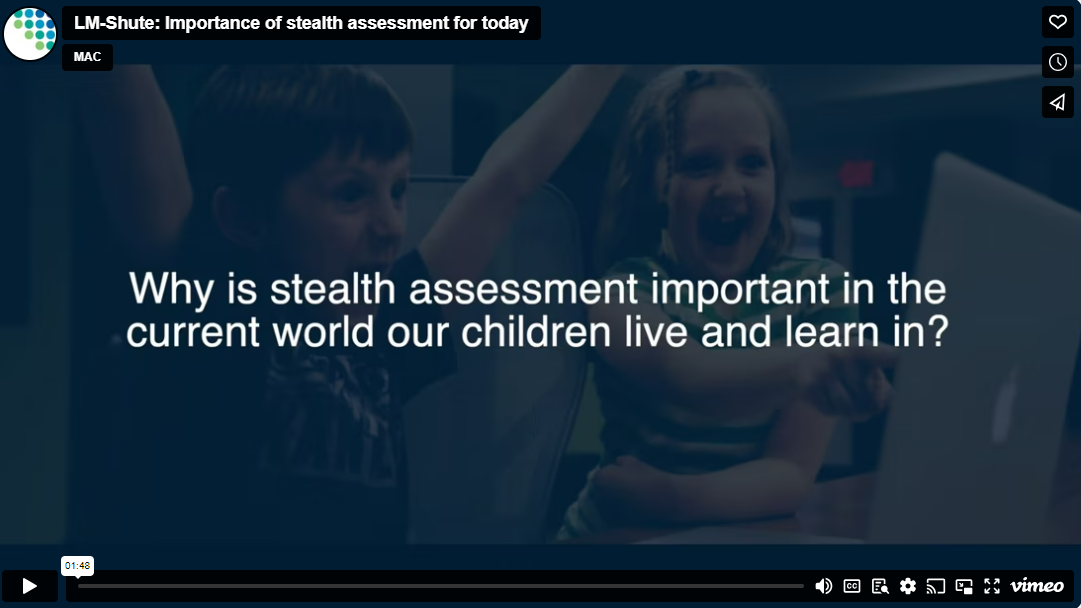
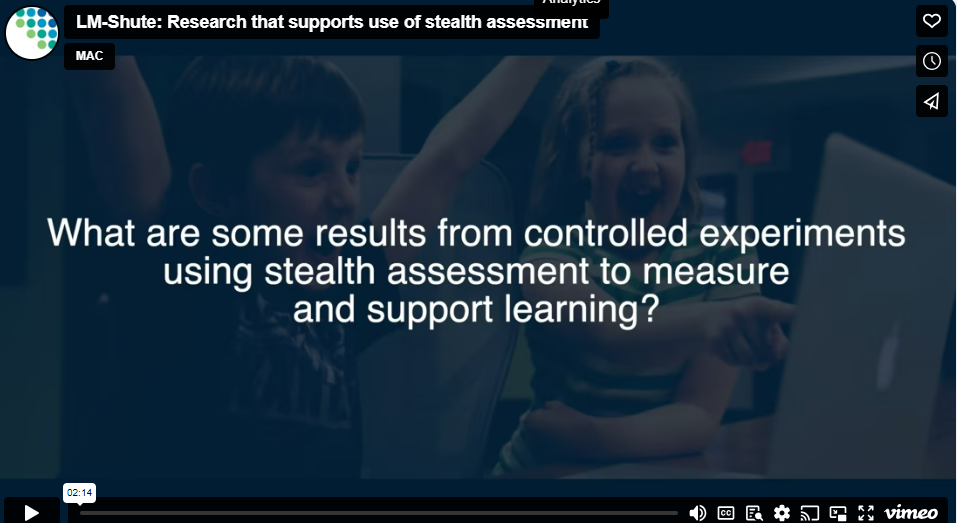

At the 2025 Building a Better Assessment Future conference, we are placing students at the center of our assessment systems, practices, and policies. Join us…
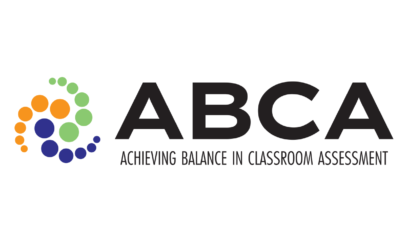
Facilitate classroom-level, assessment-literate practice to improve student learning & achievement! Districts that implement—with fidelity—quality balanced assessment systems in every classroom show improved student learning and…
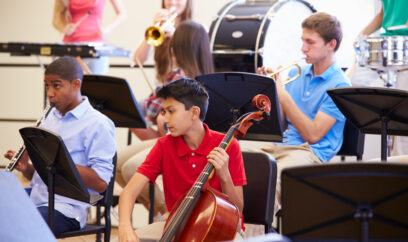
The Assessment Learning Network (ALN) kicks off the 2025-26 season with an in-person session that includes learning, networking, and a luncheon. Art is a…
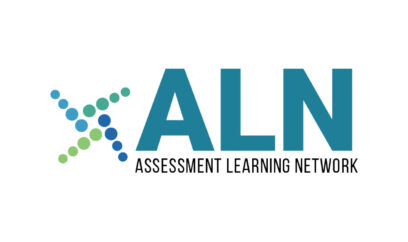
Note: to register for a Season Pass (and save money!), click the button at right. To register for individual sessions, click the session title in…